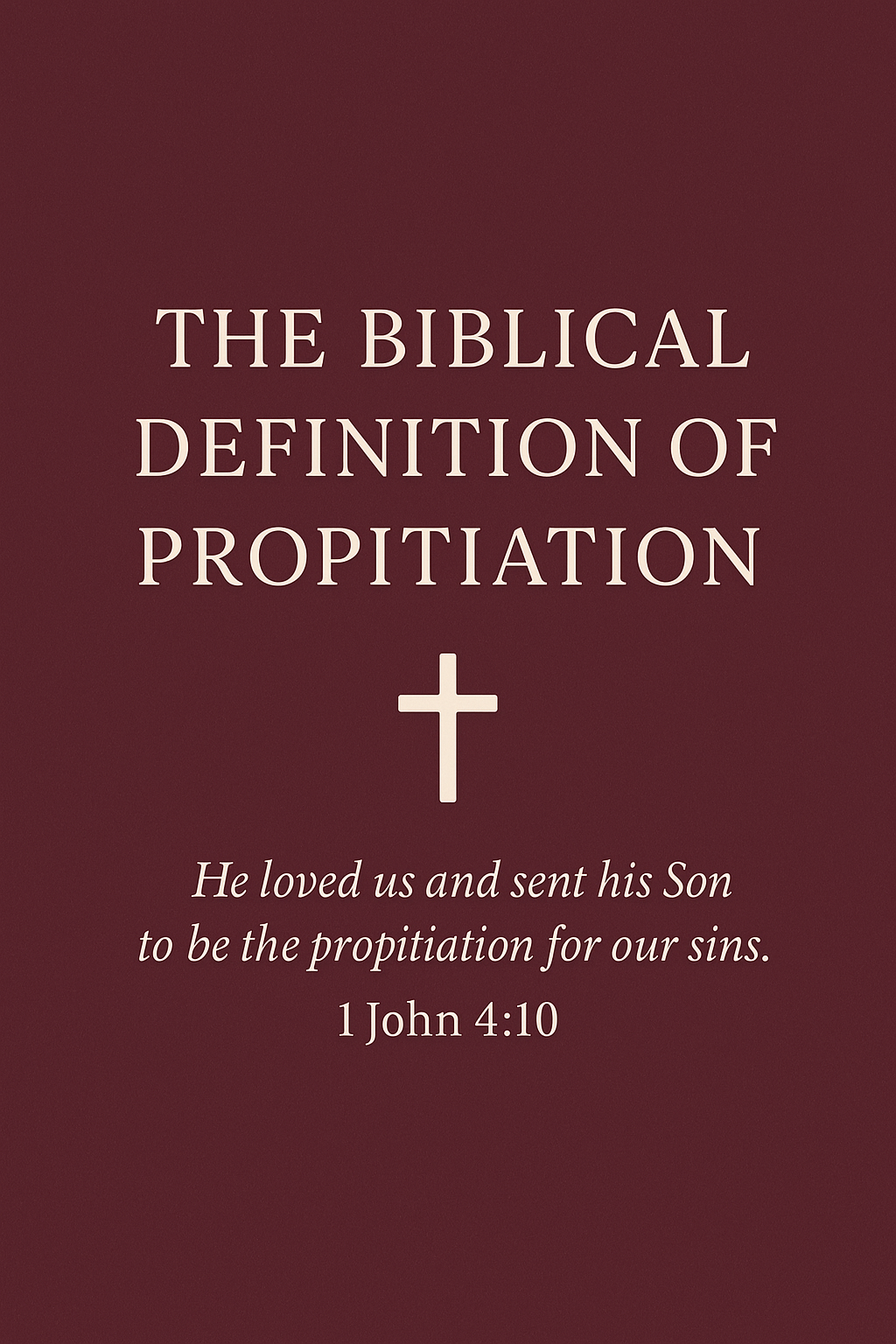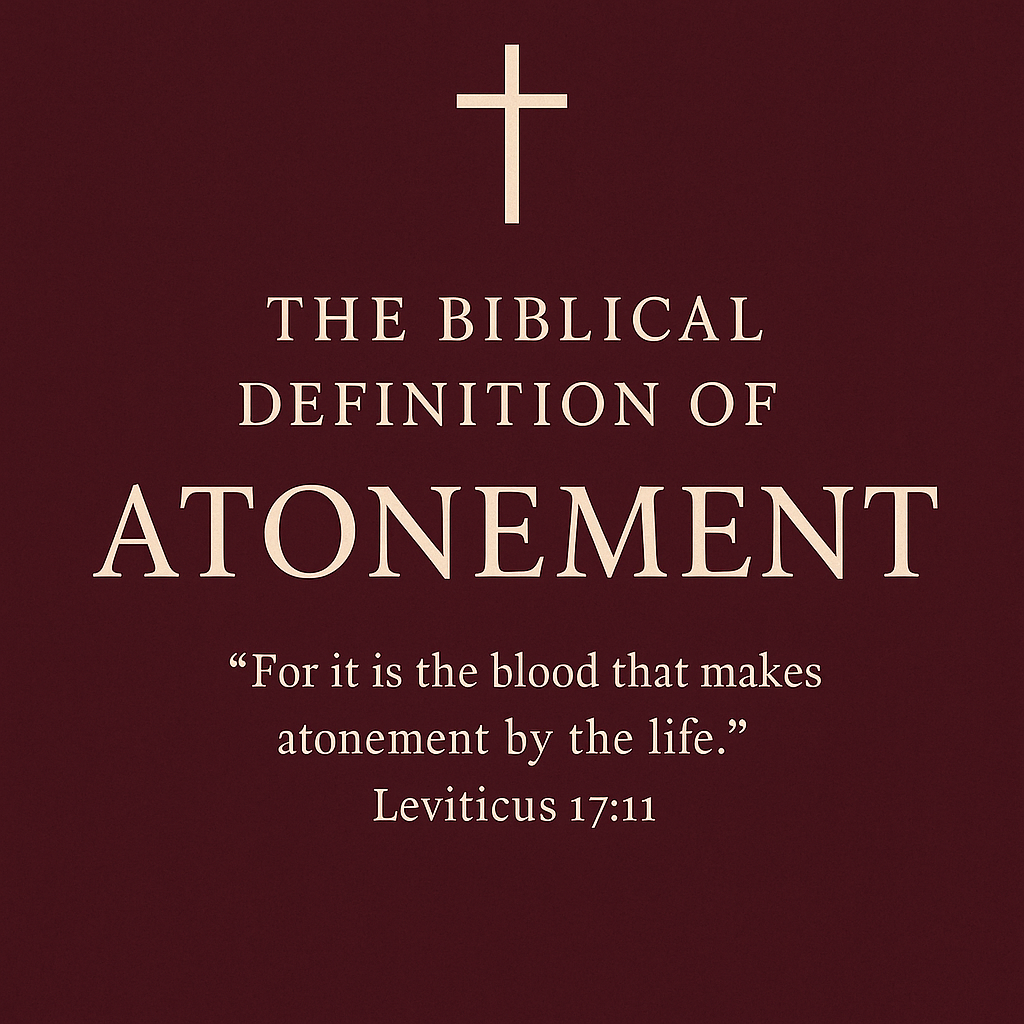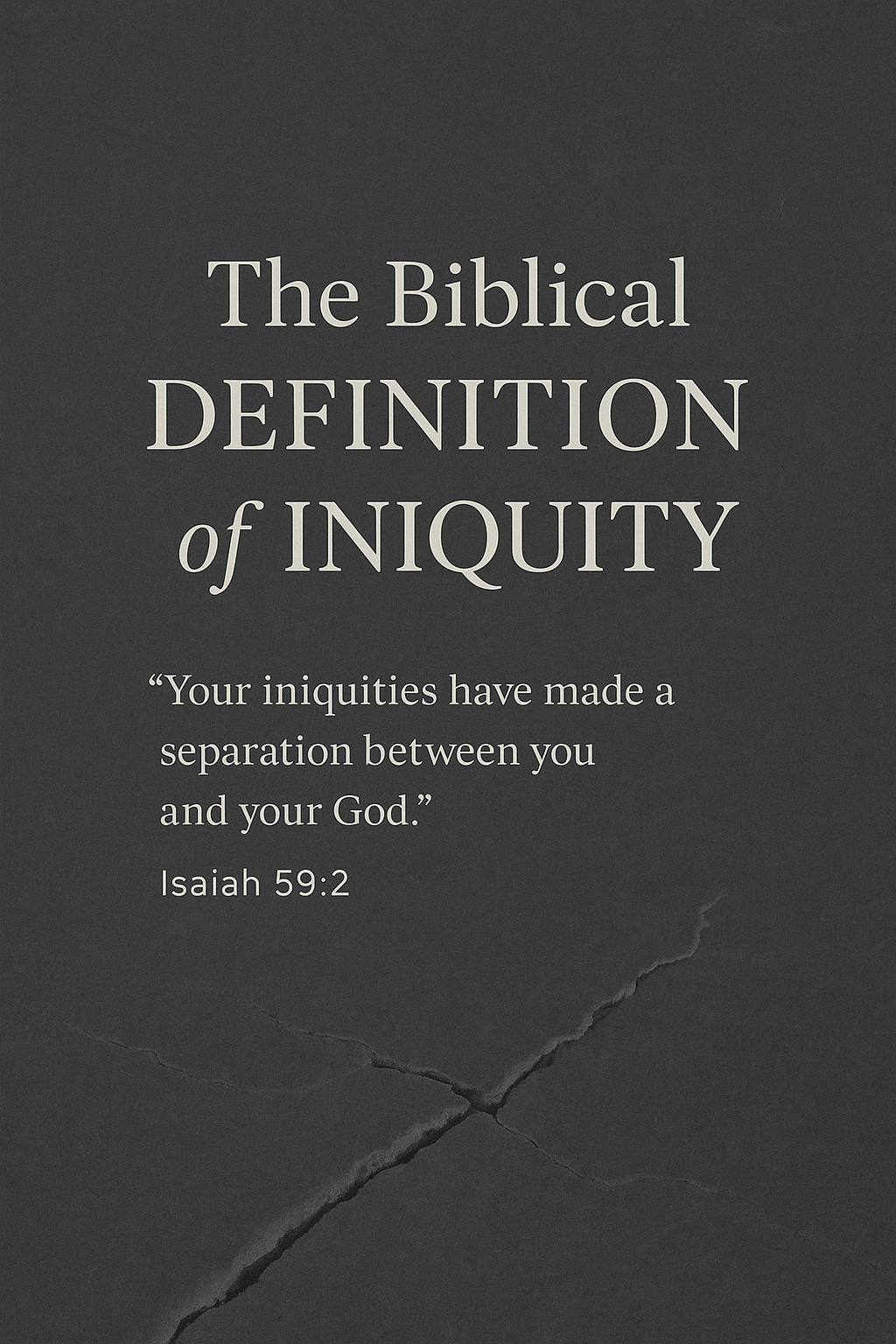Biblical Definition of Stewardship: Meaning, Principles, and Examples from Scripture
The biblical definition of stewardship is the foundation for understanding how Christians are called to manage every aspect of their lives in service to God and others. Stewardship is not just about money or possessions—it is a comprehensive way of life that recognizes God as the ultimate owner of all things and calls us to be faithful managers of what He entrusts to us1356.
What Is the Biblical Definition of Stewardship?
At its core, the biblical definition of stewardship is utilizing and managing all resources God provides for the glory of God and the betterment of His creation15. The Holman Bible Dictionary describes stewardship as “utilizing and managing all resources God provides for the glory of God and the betterment of His creation”1. This means that everything we have—our time, talents, treasures, relationships, and even the environment—are gifts from God, and we are responsible for managing them wisely.
Scripture consistently portrays God as the owner of all things:
“The earth is the Lord’s, and everything in it, the world, and all who live in it.” (Psalm 24:1)
“To the Lord your God belong the heavens, even the highest heavens, the earth and everything in it.” (Deuteronomy 10:14)
As stewards, we are not owners but managers or caretakers. Our role is to oversee God’s creation and resources according to His will and for His purposes56.
The Theological Foundation: God’s Ownership
The concept of stewardship begins with the recognition that God owns everything:
Genesis 1:1 – God created the heavens and the earth, establishing His ownership from the very beginning.
Psalm 24:1 – “The earth is the Lord’s, and everything in it.”
Leviticus 25:23 – “The land must not be sold permanently, because the land is mine and you are but aliens and my tenants.”
This foundational truth shapes our understanding of stewardship. We are entrusted with God’s resources to use them according to His purposes, not our own356.
Stewardship in the Old Testament
Creation Mandate
From the very beginning, God gave humanity a stewardship role:
“God blessed them and said to them, ‘Be fruitful and increase in number; fill the earth and subdue it. Rule over the fish in the sea and the birds in the sky and over every living creature that moves on the ground.’” (Genesis 1:28)
Adam’s responsibility in the Garden of Eden was to “work it and take care of it” (Genesis 2:15). This mandate established humanity’s role as caretakers of God’s creation, responsible for its flourishing and well-being15.
Examples of Old Testament Stewards
Joseph in Egypt (Genesis 39): Joseph was made overseer of Potiphar’s house, managing all his master’s affairs. His faithfulness and integrity exemplify biblical stewardship, as he managed resources not for himself but for the benefit of others and ultimately for God’s purposes1.
Noah: Entrusted with the preservation of life during the flood, Noah’s obedience and careful management of God’s instructions demonstrate stewardship over creation5.
Stewardship in the New Testament
Jesus’ Teachings
Jesus frequently used parables about stewards and managers to illustrate spiritual truths:
Parable of the Talents (Matthew 25:14-30): Servants are entrusted with their master’s wealth and held accountable for how they use it. The faithful stewards are rewarded, while the unfaithful are judged. The lesson is clear: God expects us to use what He gives us for His glory and the good of others.
Parable of the Faithful and Wise Manager (Luke 12:42-48): Jesus asks, “Who then is the faithful and wise manager, whom the master puts in charge of his servants to give them their food allowance at the proper time?” The steward’s faithfulness is measured by his readiness and responsibility, knowing the master will return4.
The Early Church
The apostles taught that all believers are stewards of God’s grace:
“As each has received a gift, use it to serve one another, as good stewards of God’s varied grace.” (1 Peter 4:10)
Paul emphasizes that we are “God’s fellow workers” (1 Corinthians 3:9), called to participate in God’s redemptive work in the world6.
Principles of Biblical Stewardship
1. God Owns Everything
Every resource—material, spiritual, or relational—belongs to God. We are managers, not owners356.
2. We Are Responsible and Accountable
Stewardship is about responsibility. God entrusts us with resources and expects us to use them wisely and for His purposes. We will one day give an account for how we managed what was entrusted to us (Romans 14:12; 2 Corinthians 5:10)36.
3. Stewardship Is Comprehensive
Biblical stewardship covers all areas of life:
Time: “Teach us to number our days, that we may gain a heart of wisdom.” (Psalm 90:12)
Talents: “Having gifts that differ according to the grace given to us, let us use them...” (Romans 12:6)
Treasure: “Honor the Lord with your wealth and with the firstfruits of all your produce.” (Proverbs 3:9)
Creation: “The Lord God took the man and put him in the garden of Eden to work it and keep it.” (Genesis 2:15)
4. Stewardship Is an Act of Worship
Our management of God’s resources is an act of worship and gratitude. “Whatever you do, work heartily, as for the Lord and not for men.” (Colossians 3:23)1
5. Stewardship Is About Serving Others
Stewardship is not self-serving. It’s about using our resources to bless others and advance God’s kingdom. “Each of you should use whatever gift you have received to serve others...” (1 Peter 4:10)13.
Practical Applications of Biblical Stewardship
Financial Stewardship
The Bible teaches generosity, contentment, and wise management of finances. “Each one must give as he has decided in his heart, not reluctantly or under compulsion, for God loves a cheerful giver.” (2 Corinthians 9:7)1
Stewardship of Time
Time is a precious resource. Ephesians 5:15-16 urges believers to “make the best use of the time, because the days are evil.” Prioritizing God’s purposes in our schedules is a key aspect of stewardship.
Stewardship of Talents and Gifts
God gives each believer unique abilities and spiritual gifts. These are to be used for building up the church and serving the world (Romans 12:6-8; 1 Corinthians 12:4-11).
Stewardship of Creation
Caring for the environment and animals reflects our role as stewards of God’s creation. Genesis 2:15 and Psalm 8:6-8 call us to responsible environmental stewardship15.
Stewardship of the Gospel
Christians are entrusted with the message of salvation. Paul writes, “We have been approved by God to be entrusted with the gospel, so we speak, not to please man, but to please God who tests our hearts.” (1 Thessalonians 2:4)
Biblical Examples of Good Stewards
Joseph: Managed Potiphar’s household and later the resources of Egypt, saving many lives during famine (Genesis 39–41)1.
The Proverbs 31 Woman: Diligent, wise, and generous in managing her household and resources (Proverbs 31:10-31).
The Early Church: Shared resources to meet the needs of all believers (Acts 2:44-45).
The Rewards and Accountability of Stewardship
Scripture teaches that faithful stewards will be rewarded:
“Well done, good and faithful servant! You have been faithful with a few things; I will put you in charge of many things. Come and share your master’s happiness!” (Matthew 25:23)
But there is also a warning: unfaithful stewards will face consequences for neglect or misuse of God’s resources (Luke 16:1-13).
Common Misunderstandings About Stewardship
Stewardship is only about money: While financial stewardship is important, biblical stewardship encompasses every area of life—time, talents, relationships, and the environment7.
Stewardship is optional: Every believer is called to be a steward. It is not a special calling but a fundamental aspect of the Christian life6.
Stewardship is self-serving: True stewardship seeks God’s glory and the good of others, not personal gain34.
Living Out Biblical Stewardship Today
To live as faithful stewards, Christians must:
Recognize God’s ownership of all things.
Seek God’s guidance in managing resources.
Serve others generously and sacrificially.
Live with an eternal perspective, knowing we will give an account to God.
Stewardship is a daily commitment to honor God with every aspect of our lives, trusting that He will provide and reward our faithfulness.
Key Biblical References
Genesis 1:28, 2:15
Psalm 24:1
Proverbs 3:9, 16:3
Matthew 25:14-30
Luke 12:42-48, 16:1-13
1 Corinthians 3:9
2 Corinthians 9:6-7
Colossians 3:23
1 Peter 4:10




















